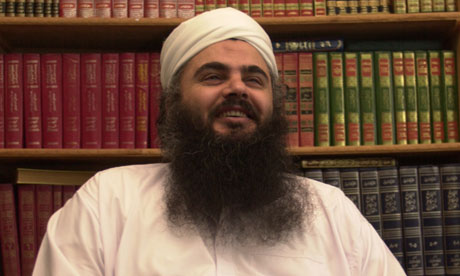By Paula Buzzi
Impunity Watch Reporter, South America
RIO DE JANEIRO, Brazil — Over the last week, the murder rate in Salvador has doubled as police officers walked off the job in an organized strike over a week ago. Police all across the country are demanding better pay and benefits as well as a national minimum wage for all uniformed forces. According to the Brazilian Association of Tourism Agencies, at least 10 percent of tourists have already canceled their trips to Rio for Carnival out of fear for their safety.

More than 1000 police officers and firefighters gathered in downtown Rio on Thursday to protest their low wages. The Brazilian government arrested 16 leaders of the strike on Friday and over 100 officers could face summary expulsion for not showing up for patrols.
According to David Fleischer, a political scientists at the University of Brasilia, the government of Rio is coming down with an “iron fist” in order to halt the chaos in Rio before Carnival. “Police in Rio had been doing an excellent job of improving safety in the city, so this is unexpected and extremely embarrassing,” he said.
Although Brazil now has the sixth-largest economy, the recent strike has called into question the country’s ability to put on two of the largest sporting events in the world — the World Cup in 2014 and the Olympic Games in 2016. Safety in most major cities in Brazil has been improving of the last couple years, but crime is still a problem and may be contributed to the low wages and corruption of police officers.
Since the strike began in the metropolitan area of Salvador last week, roughly 150 people have died in Salvador and shopkeepers and tourists officials claim the economic damage is immense. Salvador holds the second largest Carnival festival in Brazil, attracting approximately 500,000 tourists each year. The state tourism secretariat says that tourists contribute about $300 million dollars into local economy each year during Carnival.
According to Jorge Cardeiro, a salesman at the high-end boutique, Projeto Axe Design, Carnival is a crucial time for Brazil’s economy and the police strike may have caused irreversible economic damage. “This place has been so empty it feels like sales are down 100 percent, but really they’ve fallen more than 70 percent. I don’t know how we’re going to make it up,” he said. The U.S. State Department has already issued an advisory warning to Americans against traveling to Salvador.
Although violence in Salvador seems to be cooling down, Intelligence officials are concerned after intercepting a cellphone conversation that revealed a plan by police officials to cause acts violence and vandalism in a strike that would extend to Sao Paulo and Rio de Janeiro. A violent strike in Rio could be more economically damaging than the strike in Salvador, especially during Carnival, where tourists already come concerned about their safety even with the police force working properly.
Military patrols are stepping in to help keep businesses open in Rio as preparations for Carnival street parades continue despite the tension.
For further information, please see:
CBS News – Crime Cutting into Brazil’s Carnivals Amid Strike – 11 February 2011
LA Times – Brazil Arrests Strike Leaders to Halt Police Work Stoppage in Rio – 11 February 2012
Reuters – Brazil Police Strike Spreads to Rio Before Carnival – 10 February 2012
Washington Post – Rio Calm in 2nd Day of Police Strike With Low Adherence Rate – 10 February 2012


